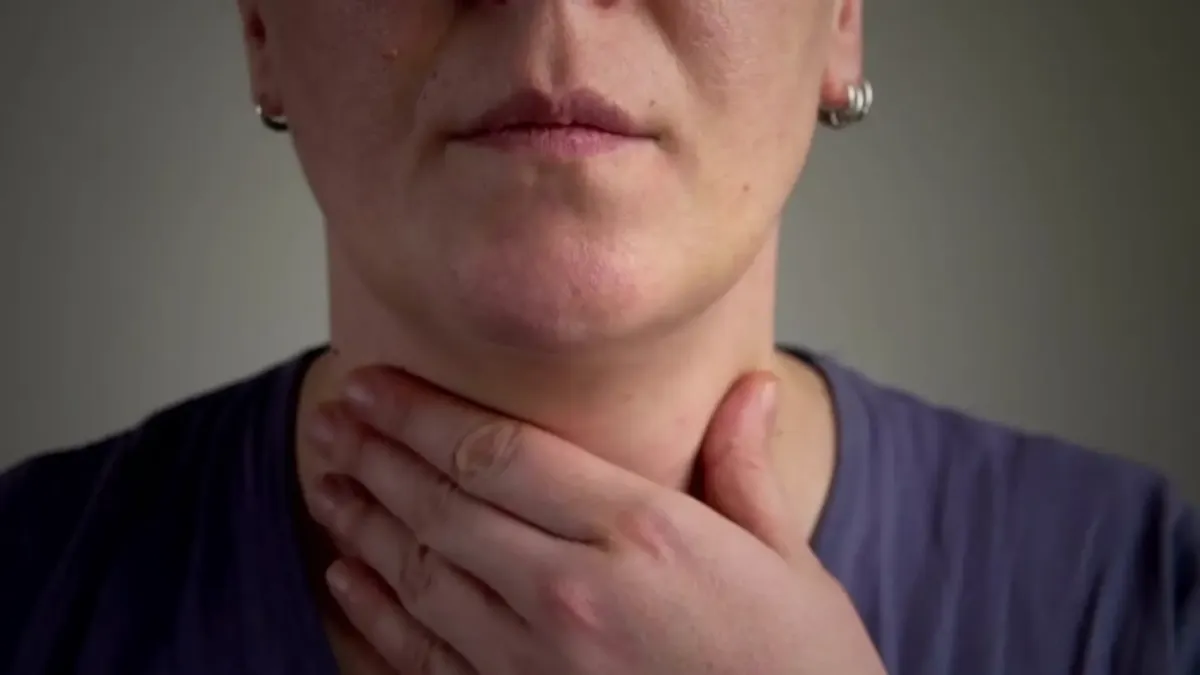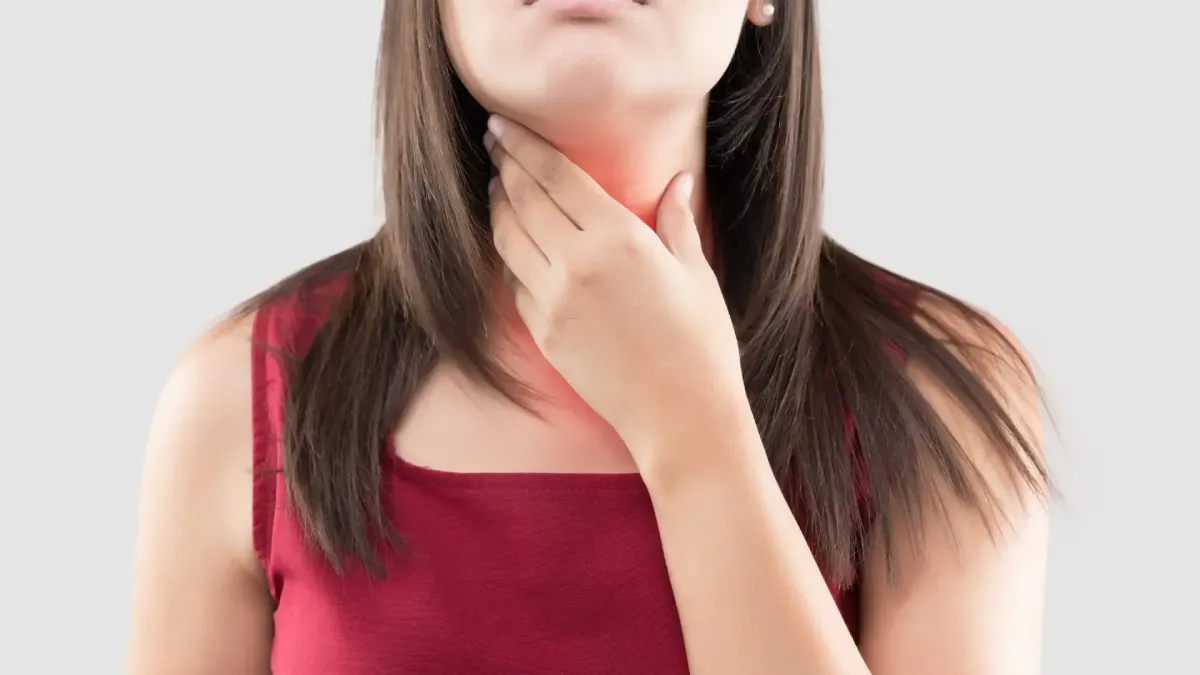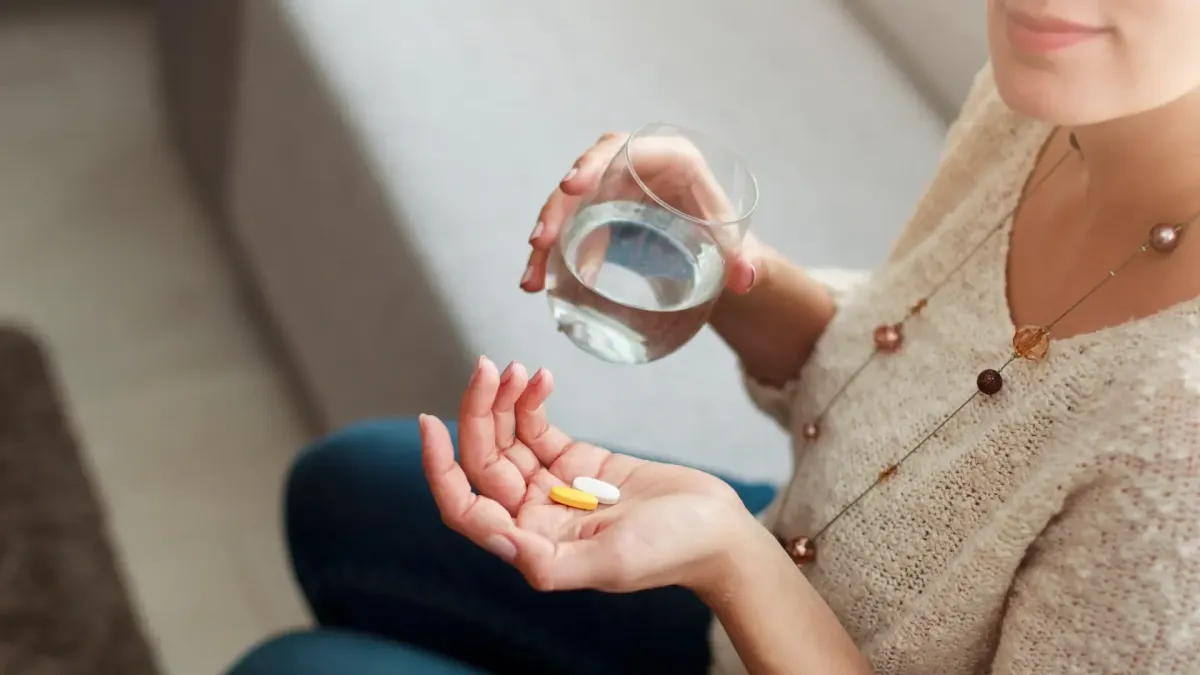MENU
BLOG

Treating Sex Hormone Imbalances
Sex hormones are that are involved in the regulation of sexual development and reproduction. The primary sex hormones are estrogen, progesterone, and testosterone. Men and women have all of these, just in different amounts and ratios...
When men and women have low energy caused by an imbalance in their sex hormones, it is usually from different hormones. For men, it is usually due to a testosterone deficiency. For women, it is usually due to estrogen and/or progesterone imbalances.

Sex Hormones & Low Energy
The symptoms of menopause are no joke. They are incredibly uncomfortable and can change the quality of your life significantly. When a woman comes to me with menopausal symptoms, she is usually pretty desperate for relief. I use both natural and pharmaceutical therapies to get her that relief.

Treating Thyroid Disease
I am a big believer in natural medicine. It can be very powerful and work very well. I prefer to use it as long as the natural treatment is safe and strong. Unfortunately, when treating low thyroid, we usually need both the natural and the prescription treatments. In college, I learned from playing the card game euchre not to “send a boy to do a man’s job.” In medicine, this means using the treatment that you know will work. If I think a natural treatment will work, but I know that a medication will work, I should use the medication as long as there are no significant side effects. This is because I want to make sure you get results right away so that you can get your life back

Treating Thyroid Disease
Thyroid disease is one of the most common health problems we face today. The majority of people with thyroid dysfunction have hypothyroidism. Hypothyroidism (“hypo” means low) is a condition where the amount of thyroid hormone in your body is less than what is needed for optimal function. According to the American Thyroid Association, more than 12 percent of the US population will develop a thyroid condition during their lifetimes, and more than half will be unaware that they have a problem. Women are five to eight times as likely as men to develop thyroid problems.

Advanced Adrenal Recommendations
Last week, I went over the recommended supplements to treat Adrenal Fatigue. This week I’ll go over adrenal recommendations as well as a plan to reduce stressors.
Treating the physical symptoms is only the first step. Once you start to feel better, it’s important to begin addressing the causes of the problem: the sources of stress that compromised your adrenals in the first place.

Testing & Supplement Options for Adrenal Fatigue
Last week we discussed the main symptoms as well as the causes of adrenal fatigue. This week, I will focus on testing and supplement options for treatment.
If you have most of the symptoms listed last week, you probably have adrenal fatigue. However, how do we test for adrenal dysfunction?

How Adrenal Fatigue Causes Chronic Fatigue
This week I will discuss how adrenal fatigue is a primary cause of chronic fatigue.
It's estimated that up to 80% of adults experience adrenal fatigue during their lifetimes, yet it remains one of the most under-diagnosed illnesses in the United States. Conventional medicine does not yet recognize adrenal fatigue as a distinct syndrome

Food Allergies & Low Energy
Food allergies can cause almost any symptom the body can manifest, including low energy. The gastrointestinal tract maintains a delicate balance of good bacteria, specialized immune cells, and various neurological and hormonal activities. In fact, 80% of your immune system resides in your gut, so anything you put in your mouth can trigger a reaction. Once your digestive system detects what it considers a “foreign particle,” your immune system reacts, and the inflammation that follows creates pain and dysfunction.

Food and Your Energy
Food is a touchy subject, especially if you’re not feeling well. We have a lot of emotional attachments to it, and it can give us joy at times when nothing else can. However, food allergies play a significant role as a cause and contributor to fatigue and, as a doctor, I have seen amazing improvements in the health of my patients when they change their food choices.

Sex Hormones & Low Energy
Sex hormones are hormones that are involved in the regulation of sexual development and reproduction. The primary sex hormones are estrogen, progesterone, and testosterone. Men and women have all of these, just in different amounts and ratios. Estrogen and progesterone are found in greater amounts in women. Testosterone is the predominant sex hormone in men. They are called “sex hormones” because they regulate the reproductive (sex-related) functions of the body. These include the menstrual cycle and the production of eggs by the ovaries and sperm by the testes.
When men and women have chronic fatigue caused by an imbalance in their sex hormones, it is usually from different hormones. For men, it is usually due to a testosterone deficiency. For women, it is usually due to estrogen and/or progesterone imbalances.
These imbalances can occur at any age, but tend to get worse as you get older. The most dramatic shifts in sex hormones occur at puberty, after delivering children, around menopause, and in andropause. (Andropause is a real condition a man may experience in middle age. A decrease in testosterone can lead to a decrease in libido, and, of course, fatigue.)
Imbalances in sex hormones are much more common than you might think and can cause fatigue in both men and women. Besides fatigue, sex hormone imbalances can produce many signs and symptoms, including (but not limited to) hot flashes, premenstrual symptoms, low libido, erectile dysfunction, infertility, polycystic ovaries, mood instability and sleep disturbances. Bringing hormones into balance can dramatically improve your energy and quality of life, and can ease the transition through menopause and andropause.
Bringing your sex hormones into balance has other health benefits, including lowering your risk for heart attack, stroke, and Alzheimer's disease.
Hormone levels can be assessed using blood, urine, and saliva testing, and each has appropriate applications. Hormone imbalances today are complicated by stress and overwhelmed adrenals as well as exposure to xenoestrogens (estrogen disrupting chemicals), which are present all around us. Your adrenals and thyroid must be regulated before the ovaries or testes can function optimally.
Symptoms of Estrogen Deficiency
These symptoms are typically found in peri- (approaching menopause) and post-menopausal (after menopause) women:
Hot flashes
Vaginal dryness
Pain with intercourse
Hair loss
Memory loss
Recurrent bladder infections
Depression
Joint stiffness
Light or absent menses
Weight gain
Fatigue
Problems staying asleep
Increased risk for heart attack and Alzheimer’s disease
Symptoms of Estrogen Excess
These symptoms are typically found in menstruating women the week before their periods:
Premenstrual and menstrual symptoms (bloating, headaches/migraines, abdominal cramping, etc.)
Irregular periods
Breast swelling and tenderness
Fatigue
Symptoms of Progesterone Deficiency
These symptoms are typically found in peri- and post-menopausal women.
Hard time falling asleep
Premenstrual symptoms
Depression
Anxiety
Headaches
Migraines
Symptoms of Testosterone Deficiency
These symptoms are typically found in men and women after fifty years of age or younger when the usual suspects are present. (Remember, the usual suspects are heavy metals, chemicals, molds, infections, allergies, emotions, and electromagnetic frequencies.)
Decreased libido
Erectile dysfunction
Hard time building muscles
Poor decision-making ability
Diminished physical performance
Lack of endurance/stamina
Depression
Anxiety
Increased risk for heart attack, diabetes, and Alzheimer’s disease
High cholesterol
Symptoms of Testosterone Excess
These symptoms are typically found in women with polycystic ovarian syndrome and men on testosterone therapy.
Anger
Aggression
Ovarian cyst growth
Facial hair growth
Infertility
Increased risk for heart attack or stroke (because of blood clotting
Testing
The methods I use to assess sex hormone status include your symptoms, of course, and blood, urine, and saliva testing. Blood testing is the most convenient, however, it is only good for assessing testosterone unless the levels of estrogen or progesterone are very high or low. Urine testing is best if you are already receiving hormone therapy, whereas urine or saliva both work well for those not yet receiving hormone therapy.
The Dance of the Hormones
A beautiful dance takes place between the thyroid, the adrenals, and the gonads (ovaries/testes). These glands compensate for each other during times of stress and imbalance. Ideally, when the gonads stop producing sex hormones (as in menopause and andropause), the adrenals and the thyroid should compensate by increasing the production of their own hormones. Sex hormone production is also continued by the adrenal glands. However, in today’s high-stress and toxic world, your adrenal gland’s function may already be compromised and may be unable to compensate adequately. This results in the hormonal deficiency symptoms of menopause and andropause. Consequently, if adrenal and thyroid function is optimal, you will have fewer symptoms of menopause or andropause.
Action Steps
If you are experiencing the symptoms listed above, schedule a time to chat so we can discuss a plan to get your hormones balanced and get you back on the road to higher levels of energy.
Questions? Join the Conversation in the Facebook group!
Share this article with your friends and loved ones on social media and help me achieve my mission of helping 1 million people increase their energy!

A safe space for all.
We're LGBTQ+ supportive
Copyright (c) EnergyMD







